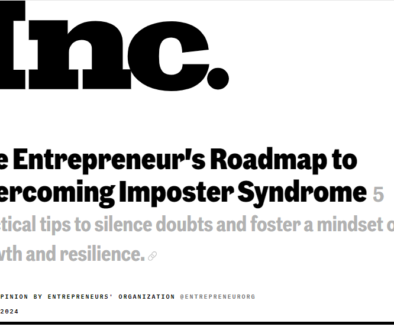Anxiety & Stress Management 101

At some point, we all experience stress and anxiety. Some experience it more severely or more often than others, but we can all agree that we’d be better off without it. Well, good news! There are plenty of stress reducers that you can incorporate into your life to help you feel better and be better. The following is a series of strategies for reducing stress.
Take A Break
Sometimes stress is a sign that you are over-exerted in life. Ask yourself what tasks can wait for you to take a little break. Sometimes, we put ourselves under unnecessary pressure because of the personal deadlines we set for ourselves. Ridding yourself of certain tasks or responsibilities can create space for self-care.
Don’t Believe Everything You Think.
Stress and anxiety can lead to negative and scary thoughts. These thoughts can be so overwhelming, they seem like the truth, but remember that those thoughts don’t represent an objective reality. They are a figment of your imagination and fear of a past situation reoccurring. For example, anxiety and fear tell us everything in life is going wrong, but in actuality, there are still many beautiful things about our life, there’s still someone that loves us, and there is a way out of our current issues. Remember, just because it feels true, that doesn’t make it true.
Play Some Tunes
Many don’t immediately think of listening to music to combat stress and anxiety, but this is something that is so easily accessible to many of us and it works so well. Find music that can make you feel better. If you are feeling sad, avoid depressing love songs about loss and consider upbeat party-style music. If you are feeling overwhelmed and stressed, consider songs with a slow tempo to calm you down. No matter how low you feel, don’t hesitate to get lost in the music, dance & sing at the top of your lungs…it’ll lift your mood.
Get More Sleep
Your journey to learning how to reduce stress should include an evaluation of your bedtime routine. Studies have shown that not getting enough sleep can contribute to a high-stress level. The average adult needs 7 to 9 hours of sleep. According to the Mayo Clinic, the quality of your sleep is just as important as the quantity. If your sleep is frequently interrupted, you’re not getting quality sleep. Some people claim to feel rested on just a few hours of sleep a night, but their performance is likely affected. Research shows that people who sleep so little over many nights don’t perform as well on complex mental tasks as do people who get closer to seven hours of sleep a night.
Find A Wine Down Routine
Stress and anxiety can lead to restless nights and restless nights can lead to stressful, anxiety-filled days. It’s all a cycle. For individuals struggling with getting adequate, uninterrupted rest, set aside at least 30 to 45 minutes to wind down before bed, suggests Shelby Freedman Harris, PsyD, director of the Sleep-Wake Disorders Center at Montefiore Medical Center and an assistant professor at Albert Einstein College of Medicine in New York. During that window of time, you should ban yourself from anything that might be stimulating to your brain, including texting and computer work, she explains. “Keep a general schedule or ritual for that wind-down hour so your body and mind start to know that each step is one step closer to bed.”
Identify The Problem
If you think carefully, you may realize that the triggers that lead to your anxiety and stress are often repetitive. Some repetitive stressors include past due bills, laundry piling up, arguments with certain people, or deadlines at work. Once you identify the problems in your life that consistently stress you out, you can begin working to eliminate them by planning ahead. This brings us to our next point.
Plan Ahead
If financial deadlines stress you out, come up with a budget so reoccurring bills won’t worry you. Make a list of all the things you need to accomplish the next day. Write down every task- big or small. You may be surprised how many little things you end up putting on the list, that you otherwise would’ve forgotten.
To-do-lists provide a plan of what you are supposed to accomplish. This can reduce your stress since you are not forced to rely on memory alone.
Living a stress and anxiety-free life doesn’t happy instantly. It’s a process that requires planning, reflection, and perseverance. Implement these steps and you too can be well on your way to living a stress and anxiety-free life!

At CWC Coaching, our team consists of licensed therapists, life coaches, and counselors. We assist clients with self-improvement, career development, negative self-talk, psychological pain, self-sabotaging behavior, past hurts and finding your purpose. If you are ready to increase your self-awareness and happiness, breakthrough limiting behavior and understand your purpose in life, we’d love to help guide you on this journey.





